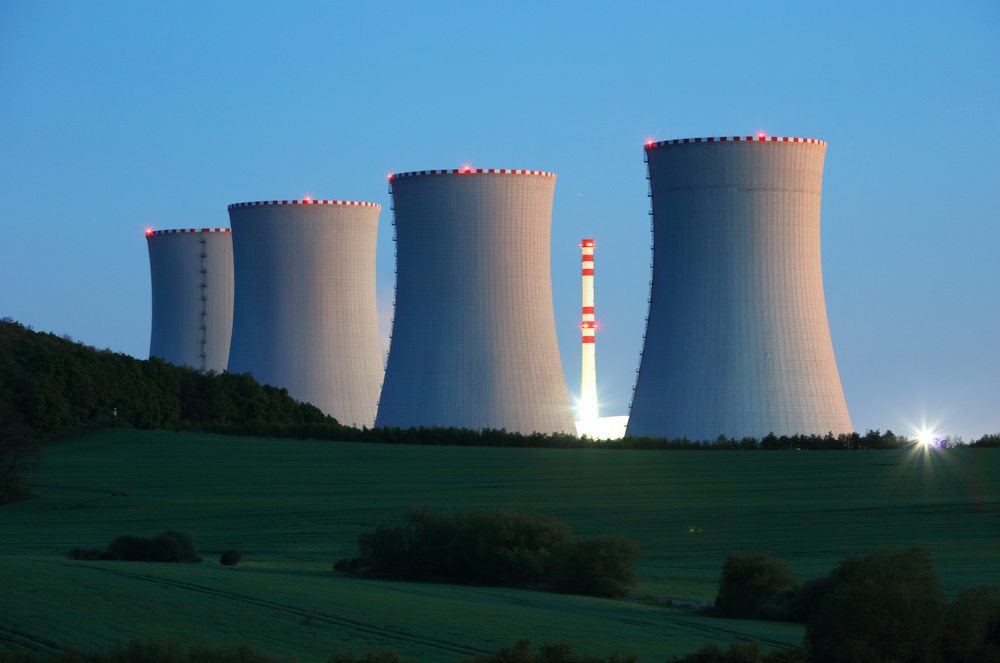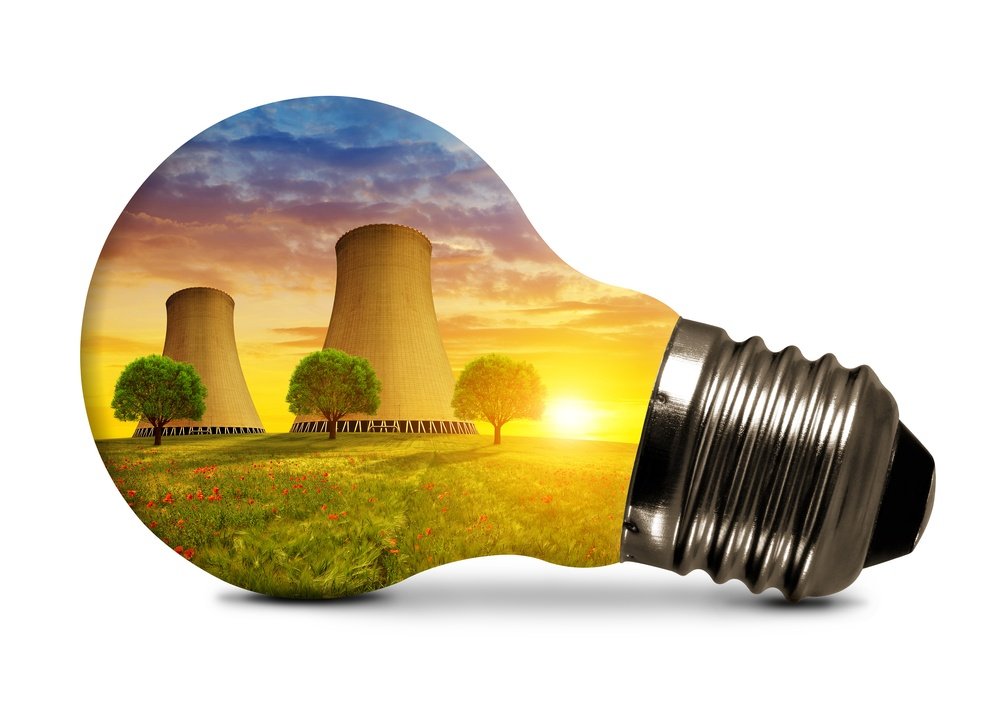Why Embracing Nuclear Technology is the Future of Energy Efficiency

The term “nuclear” conjures up thoughts of bombs and destruction, so it’s understandable that people have concerns about the energy source. But, there’s so much more to “nuclear” than what first comes to mind.
Nuclear energy is generated when radioactive material heats water until it’s converted into steam. The steam is then used to spin turbines inside power plants to create electricity.
Before you make decisions on your home’s power source, it’s important to learn the truth about nuclear energy efficiency.
The Perceived Dangers of Nuclear Energy Efficiency
Many people fear that nuclear power plants release harmful radioactive material into the environment. Protecting our planet is important, so it’s no surprise this notion causes resistance to nuclear energy.
However, there’s actually no risk for fearing radiation exposure. While nuclear plants frequently release water and steam that’s contacted radioactive material, stringent monitoring from the U.S. Nuclear Regulatory Commission means there’s no danger.
The amount of radiation released is so small that living next door to a plant would only increase your chances of tumor growth by a fraction of a percent.
So what about a Chernobyl-style nuclear meltdown? The U.S. Nuclear Regulatory Commission reported that nuclear accidents, even small-scale ones, are extremely rare thanks to updates and regulation within plants.
In addition, it’s estimated the Chernobyl meltdown claimed around 4,00 victims, which includes babies born with mutations as a result of radioactive exposure. While a significant death toll, fine particle pollution produced by coal power plants claims nearly 7,500 lives per year.
The risks associated with nuclear energy are negligible when compared to some of our current means of energy production.
The Truth About Nuclear Energy
Based on the information above, there’s no rational reason to fear nuclear energy. In fact, there are far more reasons why you should embrace it.
Nuclear power is significantly more efficient than burning fossil fuels. Uranium releases around 8,000 times more energy than oil or coal. Making the switch to nuclear energy would help homeowners across the U.S. improve their energy efficiency.
Nuclear plants also operate at a lower cost than coal plants. This passes extra savings along to you as the consumer. Plus, they’re great for the environment. Nuclear energy greatly reduces the amount of carbon emissions released into the atmosphere.

But why choose nuclear energy as opposed to say, solar energy?
Solar energy isn’t practical to power entire communities and cities. Powering individual homes is great, but not feasible to drastically improve society. Though nuclear energy has no issue meeting the energy demands of large cities and industrial areas alike.
Nuclear energy is nothing new. Currently, one-fifth of the electricity generated in the U.S. comes from a nuclear power plant; and the numbers are much higher in Europe.
France, for example, produces more than three-fourths of its electricity from nuclear plants. As the U.S. looks for clean, affordable energy, nuclear power may become the go-to choice for cities across the country.
When striving towards energy efficiency, nuclear energy is the answer.


